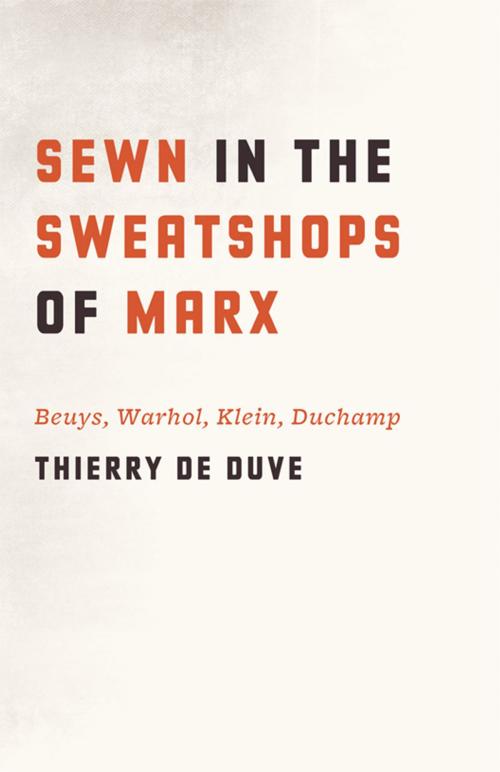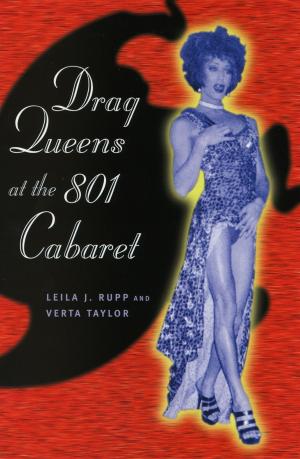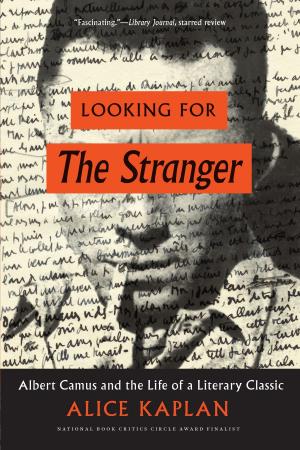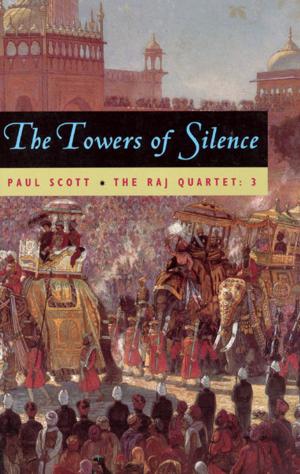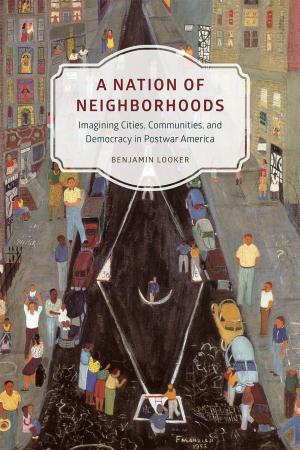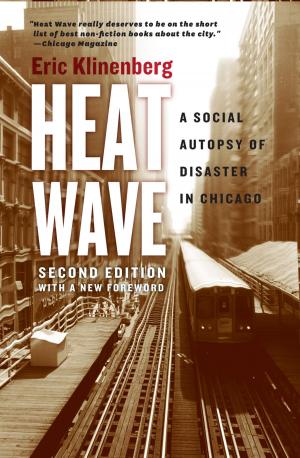Sewn in the Sweatshops of Marx
Beuys, Warhol, Klein, Duchamp
Nonfiction, Religion & Spirituality, Philosophy, Aesthetics, Art & Architecture, General Art, Criticism| Author: | Thierry de Duve | ISBN: | 9780226922393 |
| Publisher: | University of Chicago Press | Publication: | October 15, 2012 |
| Imprint: | University of Chicago Press | Language: | English |
| Author: | Thierry de Duve |
| ISBN: | 9780226922393 |
| Publisher: | University of Chicago Press |
| Publication: | October 15, 2012 |
| Imprint: | University of Chicago Press |
| Language: | English |
Joseph Beuys, Andy Warhol, Yves Klein, and Marcel Duchamp form an unlikely quartet, but they each played a singular role in shaping a new avant-garde for the 1960s and beyond. Each of them staged brash, even shocking, events and produced works that challenged the way the mainstream art world operated and thought about itself.
Distinguished philosopher Thierry de Duve binds these artists through another connection: the mapping of the aesthetic field onto political economy. Karl Marx provides the red thread tying together these four beautifully written essays in which de Duve treats each artist as a distinct, characteristic figure in that mapping. He sees in Beuys, who imagined a new economic system where creativity, not money, was the true capital, the incarnation of the last of the proletarians; he carries forward Warhol’s desire to be a machine of mass production and draws the consequences for aesthetic theory; he calls Klein, who staked a claim on pictorial space as if it were a commodity, “The dead dealer”; and he reads Duchamp as the witty financier who holds the secret of artistic exchange value. Throughout, de Duve expresses his view that the mapping of the aesthetic field onto political economy is a phenomenon that should be seen as central to modernity in art. Even more, de Duve shows that Marx—though perhaps no longer the “Marxist” Marx of yore—can still help us resist the current disenchantment with modernity’s many unmet promises.
An intriguing look at these four influential artists, Sewn in the Sweatshops of Marx is an absorbing investigation into the many intertwined relationships between the economic and artistic realms.
Joseph Beuys, Andy Warhol, Yves Klein, and Marcel Duchamp form an unlikely quartet, but they each played a singular role in shaping a new avant-garde for the 1960s and beyond. Each of them staged brash, even shocking, events and produced works that challenged the way the mainstream art world operated and thought about itself.
Distinguished philosopher Thierry de Duve binds these artists through another connection: the mapping of the aesthetic field onto political economy. Karl Marx provides the red thread tying together these four beautifully written essays in which de Duve treats each artist as a distinct, characteristic figure in that mapping. He sees in Beuys, who imagined a new economic system where creativity, not money, was the true capital, the incarnation of the last of the proletarians; he carries forward Warhol’s desire to be a machine of mass production and draws the consequences for aesthetic theory; he calls Klein, who staked a claim on pictorial space as if it were a commodity, “The dead dealer”; and he reads Duchamp as the witty financier who holds the secret of artistic exchange value. Throughout, de Duve expresses his view that the mapping of the aesthetic field onto political economy is a phenomenon that should be seen as central to modernity in art. Even more, de Duve shows that Marx—though perhaps no longer the “Marxist” Marx of yore—can still help us resist the current disenchantment with modernity’s many unmet promises.
An intriguing look at these four influential artists, Sewn in the Sweatshops of Marx is an absorbing investigation into the many intertwined relationships between the economic and artistic realms.
